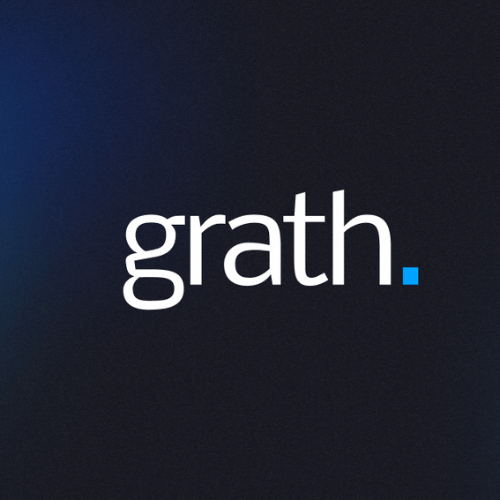A payment aggregator provides payment services for merchants and e-commerce sites by accepting payment instruments from customers. As part of the process, they pool the funds received from customers and transfer them to merchants after a certain time.
While Payment gateways, on the other hand, simply provide technology services to businesses for processing transactions. They do not have any involvement in handling of funds.
After a long wait, the Reserve Bank of India (RBI) has started handing out the payment aggregator (PA) and payment gateway (PG) licences to eligible players. Pine Labs, Razorpay and American payments player Stripe have become the first players to receive the license, according to multiple sources aware of the development.
This comes as, over the past few months, the central bank has been holding presentations with payment gateways and other fintech firms that applied for a payment aggregator license.
A payment aggregator provides payment services for merchants and e-commerce sites by accepting payment instruments from customers. As part of the process, they pool the funds received from customers and transfer them to merchants after a certain time.
Payment gateways, on the other hand, simply provide technology services to businesses for processing transactions. They do not have any involvement in handling of funds.
The firms authorised to operate as payment aggregators in India will come under the direct purview of the RBI while rendering payment services to merchants. This is a step that many industry insiders said would lead to a more standardised and regulated payments ecosystem.
Sources had earlier reported on April 23, that RBI has been strict in its evaluation of entities that have applied for the payment aggregator license. Multiple online payment gateways seeking the aggregator license came under the intense scrutiny of the central bank for know-your-customer-related issues, past dealings with cryptocurrency exchanges and gaming apps, as well as for not complying with the net worth criteria that RBI had set out.
The regulator has also been quick to inform companies whose licenses have been rejected. If an application is rejected, merchants have about three months to stop using a gateway’s service. The RBI is, however, also thinking of extending this time frame to six months














